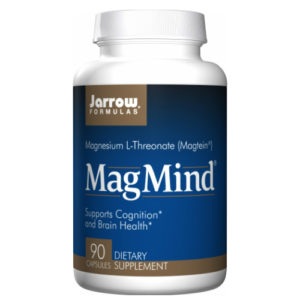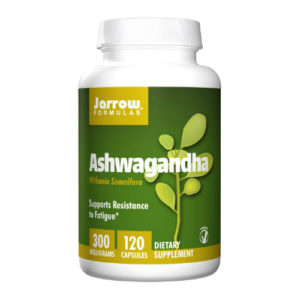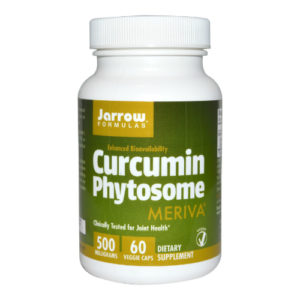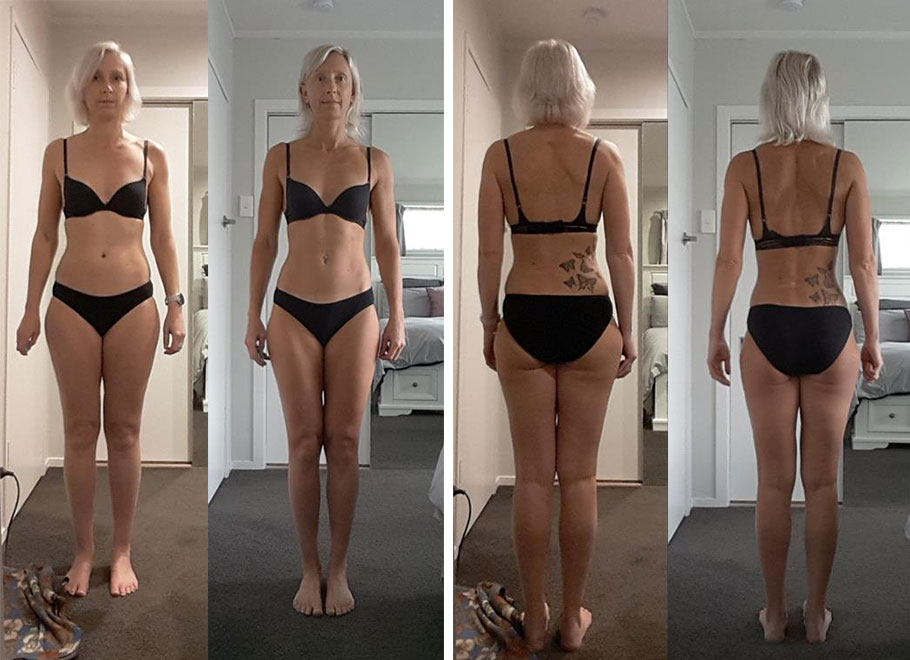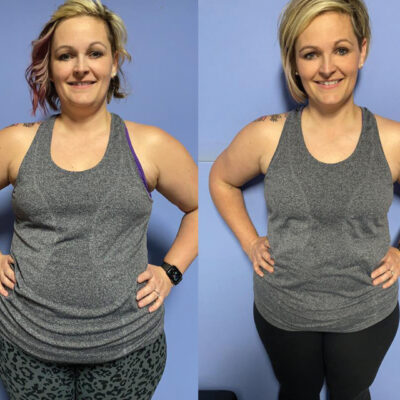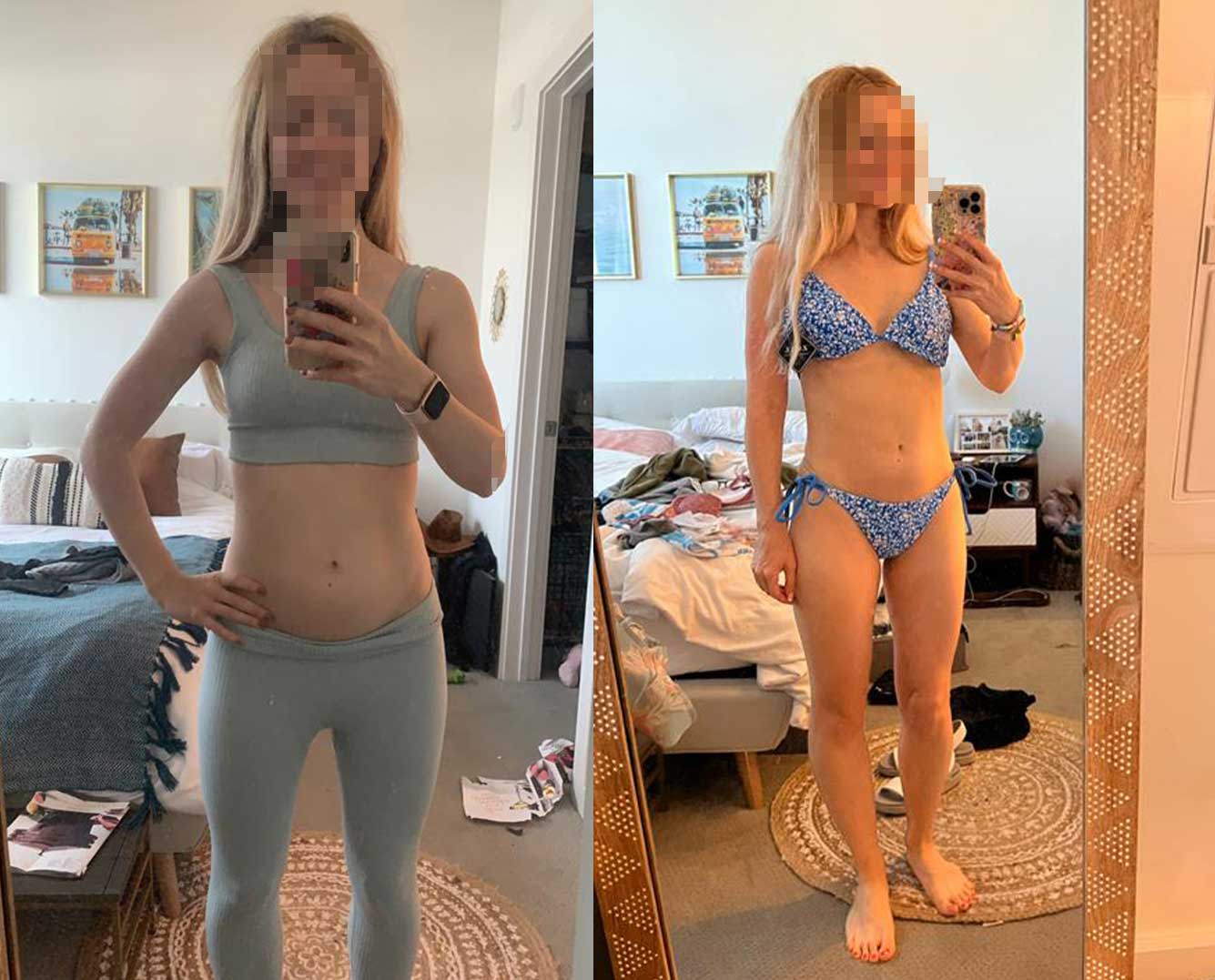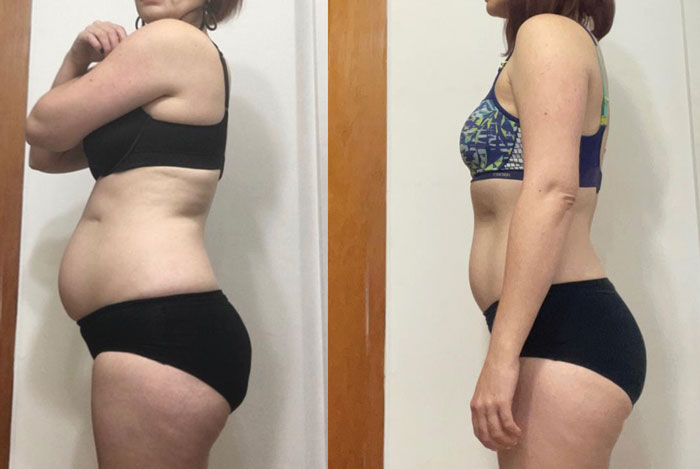If you suffer with anxiety, you might be surprised to learn how many others are also experiencing it at some level. It doesn’t make your anxiety any easier but it can help you feel less crazy when you realize how many other women are going through the same thing. In fact, one of the reasons I wanted to write this article was the number of women coming through my door everyday who are taking anti-anxiety medication and looking for natural options.
The amount of women taking anti-anxiety medication is startling – but that’s the subject of another article to be written in the future. In this article I want to talk about natural options.
I don’t suffer from full blown anxiety but – as every entrepeneur knows – running your own business probably qualifies anyone! Sometimes I wish I had a natural (but healthy) way to shut my brain off and that I could be more resilient when under stress.
I want something to help my brain feel better and I know you are looking for the same thing.
I’m particularly interested in natural supplements that have multiple benefits for the body and brain – because why not get the most out of what you are taking and make sure you don’t have to take too many supplements? I’m also only interested in supplements that have a low risk of dependency and side effects. There are many supplements I could have covered in this post, but the ones that seemed most promising and relevant to the average woman were:
- Magnesium
- Ashwagandha
- Curcumin
Many of you probably already take magnesium and curcumin for reasons other than brain health – but the bonus is that your brain is benefitting too. Ashwagandha is less well known but after digging through countless research articles, I’m left wondering why we don’t all have it in our cupboards to help with anxiety and stress.
Let’s have a look at how each of these supplements can help you feel better.
Natural Supplements for Anxiety
1. Magnesium
Studies have found a link between lower levels of magnesium and more anxiety and depression.
Most women report feeling better almost immediately when they start using a good magnesium supplement. That’s probably because it has so many important functions in our bodies and it’s a mineral that almost everyone runs low in unless they supplement.
When you have adequate levels of magnesium, you will feel healthier which, in turn, will help you cope with stress and feel less anxious. Magnesium also improves sleep, which can be a major contributing factor in how resilient you are when under stress.
In terms of anxiety and depression, researchers have concluded that magnesium deficiency could be major cause of depression (including symptoms such as anxiety, irritability and insomnia) and therefore supplementation may be a possible treatment for depression.
Dr. Carolyn Dean, author of the popular book The Magnesium Miracle, has found magnesium deficiency to be a major contributor to anxiety and panic attacks. After studying the effects of magnesium for decades, she has found the link between anxiety and magnesium to be so strong that she believes that to put an end to anxiety, you must boost your magnesium intake.
When your body is under stress for a long period of time, it consumes more magnesium than usual, which can lead to depleted magnesium levels. Ironically, the more magnesium deficient you are, the more exaggerated your stress response so this is a negative cycle. Stress depletes magnesium – and depleted magnesium makes you less good at handling stress and may make you feel more anxious.
Another reason magnesium is so helpful is that it’s essential in the production of serotonin – a feel good chemical in your brain. Low levels of magnesium have been linked to low levels of serotonin, which in turn is linked to depression, anxiety, mood and sleep disturbances and low sex drive.
The form of magnesium you take is an important factor in whether magnesium will work for you. Don’t buy a cheap magnesium supplement and expect to get results. Many cheaper products will use magnesium oxide, which isn’t absorbed as well by your body. More absorbable forms include magnesium glycinate, citrate and amino acid chelate.
Magnesium Threonate – A New Player In Brain Health
A new form of magnesium is becoming popular for brain health and deserves consideration if you are trying to reduce your anxiety or just feel better mentally. This new form is called magnesium threonate. Magnesium threonate has been created to better get into your brain than other forms of magnesium. While more research is needed to determine if it is more effective at raising brain magnesium levels, magnesium threonate sounds very promising for brain health, including helping with anxiety and depression as well as boosting longevity.
Magnesium threonate is more expensive than other forms of magnesium but if you suffer with anxiety, or even just moodiness, it could be worth trying. Some of my clients with anxiety have reported increased feelings of happiness and wellbeing after taking magnesium threonate, and I’ve noticed similar feelings myself. For the past couple of months I’ve been using magnesium threonate whenever I feel anxious or moody. I’ve noticed that in almost all cases it has made me feel much better within an hour of taking it. It has worked particularly well during that “darker” PMS time of the month.
Manufacturers of magnesium threonate also claim it improves focus, memory and learning. Interestingly, I feel sort of “brighter” and more able to focus on my work after taking it, which is why I prefer taking this magnesium during the day rather than before bed. (Before bed I prefer to use magnesium glycinate. My total supplemental magnesium intake for the day will be between 300-400mg, which is the amount many experts recommend.)
Magnesium threonate is more expensive than other magnesium but well worth it in my experience. As discussed above you can use other forms before bed and to top yourself up to make it more economical.
2. Ashwagandha
Ashwagandha is the king of herbs in Ayurvedic medicine with such an impressive list of scientifically proven benefits that it seems as though everyone should be taking it. In Ayurveda it’s been used for thousands of years for increased energy and stamina, improving overall health and longevity and increasing resiliency to stress. Ashwagandha is a calming herb that can relieve anxiety, depression and insomnia, but it’s also a rejuvenating herb that shows a lot of promise for brain health and longevity.
Studies have shown that ashwagandha is comparable to popular anti-anxiety and anti-depressant pharmaceutical drugs without the side effects.
One of the ways ashwangandha works is by helping to lower cortisol levels. We all know cortisol is a hormone that goes up when we get stressed and has negative effects on your brain and body. Studies have found that ashwagandha reduces cortisol levels anywhere from 14.5-27.9 percent in people who are chronically stressed (this was found after 60 days of supplementing with 250-500g divided in two doses per day). (Did you know Prozac – which is often prescribed for anxiety – can actually raises cortisol levels?).
Ashwagandha has also been found to reduce serum C-reactive protein (CRP), which is a marker of inflammation and linked to many diseases. Researchers have also found that higher levels of CRP are associated with greater stress and depression.
Another benefit of ashwagandha is that it appears to have a protective effect for our brain during periods of chronic stress. When you are stressed out for too long, your brain cells are at risk of degeneration and ashwagandha has been shown to protect against some of that degeneration. It may also help with the regeneration of cells and signalling pathways in the brain. (Did you know that research has shown that anti-anxiety medications can damage your brain and the connections between brain cells?).
Some of the following benefits that people report from using ashwagandha include:
- feeling less stress and anxiety
- feeling an overall sense of wellbeing
- feeling calmer
- having less fatigue and brain fog, and
- improved sleep.
It’s also useful in treating stress related conditions like ulcers, arteriosclerosis, premature ageing, arthritis, diabetes and hypertension.
Overall this herb seems to pack a big punch against anxiety without negative side effects and while being easy on your budget. It can also help protect us against the effects of chronic stress on our body and brain – something that common anti-anxiety medications have failed to do. For me, ashwagandha is an exciting herb because it offers a promising way to keep my brain functioning well as I get older.
At the time of writing this post, I had not been using ashwagandha but my partner, who struggles to manage stress, was getting great results from it. I plan to experiment with it and will no doubt update this blog post at sometime in the near future. If you struggle with anxiety, depression and/or stress it’s definitely worth trying (and I’d love to hear how you go with it).
Ashwagandha can be prepared as a tea using the root powder but if you want a therapeutic dose, you may want to use a supplement. A typical dose to help with anxiety, depression and stress is about 300 mg taken once or twice daily. You may notice that some supplements use Sensoril ashwagandha while others use the KSM-66 extract. These are different formulations of ashwagandha and it’s not really clear which one is better. KSM-66 is the type that has been shown to reduce cortisol levels and it uses the root only, which some argue is a more traditional preparation of ashwagandha. However, it seems as though people have different preferences between these two types of ashwagandha supplements so it may be that you have to try a couple different ones to figure out which one makes you feel the best. It also seems that people feel different depending on if they take it at night or in the morning so you can experiment with timing as well. Generally, it’s a calming herb so I’d start by taking it in the evening to see if it helps with sleep.
3. Curcumin
Curcumin is another one of my favourite supplements because of it’s powerful ability to reduce inflammation. Curcumin is the main active compound in turmeric – one of the most widely used plants in Chinese and Indian medicine. Curcumin has so many benefits associated with it that it’s not surprising to find out it also can make your brain better. For example, studies have found that curcumin may be used to prevent and treat dementia, Alzheimer’s and brain injury.
Research also shows that curcumin can help relieve anxiety and depression. How curcumin works on your brain and body is very complex and not yet fully understood, but one of the main ways curcumin works is by decreasing inflammation.
Inflammation has been linked to psychiatric and cognitive problems, including anxiety and depression. That means anti-inflammatory compounds, such as curcumin, could play a role in reducing anxiety and depression either on their own or alongside medications.
There is also now evidence that inflammation may play a role in the neurodegeneration that happens in depression. Treatment with traditional medications, like Prozac, may actually make this loss of brain neurons even worse, while curcumin has been shown to both reduce inflammation and boost neurogenesis – the creation of new brain neurons.
Curcumin may also help balance levels of certain brain neurotransmitters that are involved in anxiety and depression including dopamine, norepinephrine, and serotonin.
Finally, curcumin has been shown to help anxiety by boosting the synthesis of DHA (docosahexaenoic acid) levels in the brain. DHA is an omega 3 fatty acid which is essential for brain development and function and deficiency of DHA is linked to cognitive disorders, including anxiety. Curcumin’s actions may be enhanced when it is combined with a good quality fish oil – and this is what I recommend when someone is trying to reduce inflammation (for better periods, less joint pain). It turns out that this combo may also be a winner for your brain health!
Here’s To A Better Brain
Anxiety is a part of life and sometimes we just have to accept that it’s going to be with us for a while. However, as I mentioned at the start, it would be nice to have a natural and healthy way to shut off or, at least, soothe our brains when we have a tough time doing it on our own.
This article was already long enough so I didn’t discuss how fish oil and iron can also help with anxiety. We all know good quality omega-3s help with the brain, and may work synergistically with curcumin for even better results. What you may not know is that low iron will make you feel anxious and depressed. As someone who struggles to keep my iron up, I can vouch for how awful it feels mentally when iron gets low. If you suffer from anxiety and depression, especially if it’s accompanied by fatigue, you should check your iron levels. Menstruating women should monitor their iron levels anyway.
The great thing about the supplements we’ve looked at in this article is that they aren’t just good for anxiety – they have a wide range of benefits for your brain and body. If you are at all interested in longevity, magnesium threonate, ashwagandha and curcumin are all very exciting.
Unlike common anti-anxiety medications, these supplements offer a promising way to increase our resiliency to stress while at the same time improving cognitive function as we get older. Who doesn’t want that?
Related Articles
Benefits Of Curcumin: A Powerhouse For Women’s Health
Rescue Yourself With Magnesium


